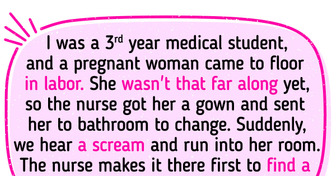My Husband and I Have an Open Marriage, and I Found Out I’m Pregnant With Another Man’s Babies


Menopause is often portrayed as a time of hot flashes and mood swings, but for many women, it brings a range of other, less discussed symptoms. While most people are familiar with the big, well-known signs, there are plenty of unusual things that can happen during this time of life that can leave you wondering, "Is this normal?" Rest assured, you're not alone—women do experience these quirky, often surprising changes. Let’s explore some of the lesser-known menopause symptoms and, more importantly, how to cope with them!
CONTENT IS PROVIDED FOR INFORMATIONAL PURPOSES ONLY AND IS NOT INTENDED AS A SUBSTITUTE OF MEDICAL ADVICE.
SEEK GUIDANCE OF YOUR DOCTOR REGARDING YOUR HEALTH AND MEDICAL CONDITIONS.
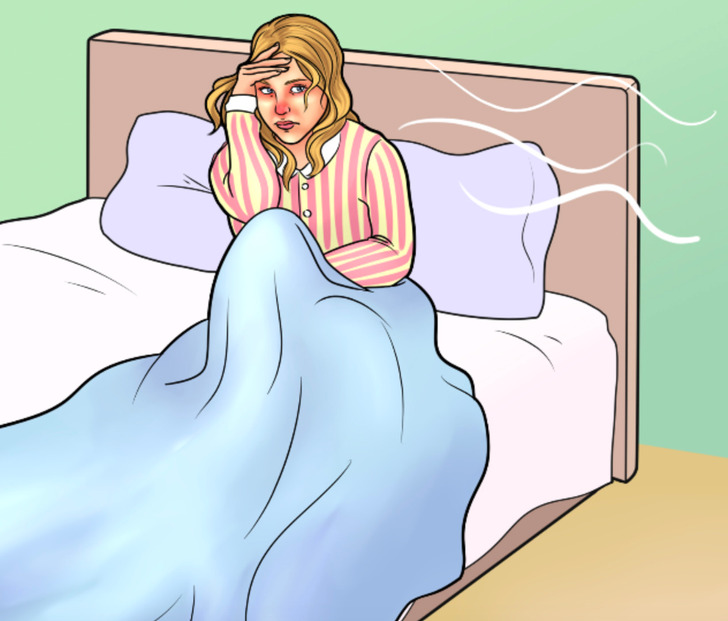
Out of nowhere, you might find yourself becoming hypersensitive to smells. Certain scents may become overwhelmingly strong or even nauseating. This phenomenon is more common than you might think, but it is often overlooked as a symptom of menopause.
What you can do about it:

Some women report feeling a burning sensation as well as tingling, scalding, and numbness in their mouths. This condition can occur during menopause due to hormonal changes affecting taste buds.
What you can do about it:

As estrogen levels decrease, many women notice that their weight distribution changes, with fat often accumulating around the abdomen. This "menopausal belly" isn’t just about extra pounds—it’s a shift in how your body processes and stores fat, and it can be particularly frustrating because it doesn’t always respond to diet and exercise the way it used to.
What you can do about it:
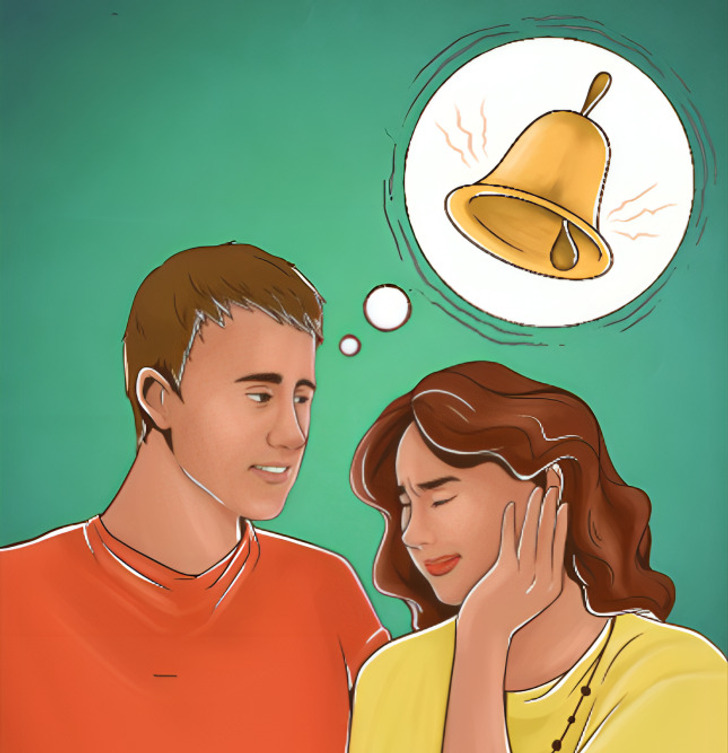
During menopause, fluctuating estrogen levels can affect the auditory system, leading to increased sensitivity to sound. Everyday noises—like clinking dishes, traffic, or office chatter—can feel unbearably loud or even irritating. What once was background noise can now feel like a full-blown concert in your ears.
This change can make it harder to focus, relax, or sleep, especially in busy environments. And since this symptom isn’t widely talked about, many women don’t realize it’s linked to hormonal shifts.
What you can do about it:
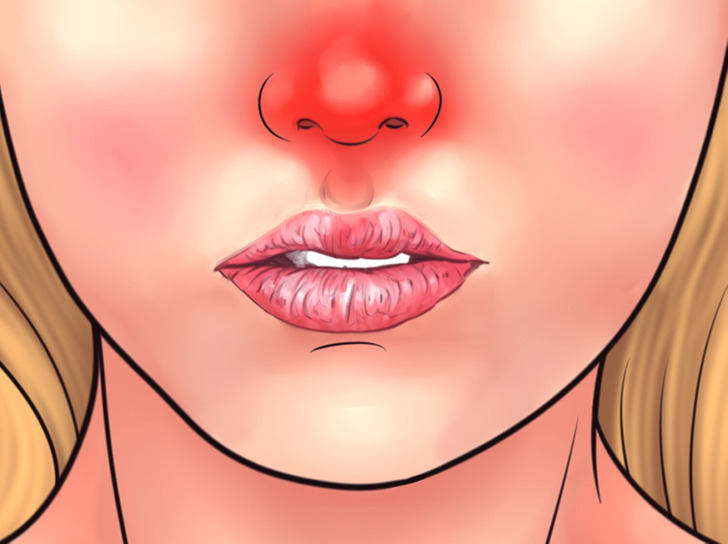
You might experience new or more intense allergic reactions, such as skin rashes, food sensitivities, or respiratory issues. It’s believed that fluctuating hormone levels can make the immune system more reactive, leading to these new sensitivities.
What you can do about it:

Hair thinning or changes in hair texture can be an unexpected and unwelcome symptom of menopause. As estrogen levels fall, some women experience thinning hair or even more brittle, dry hair.
What you can do about it:
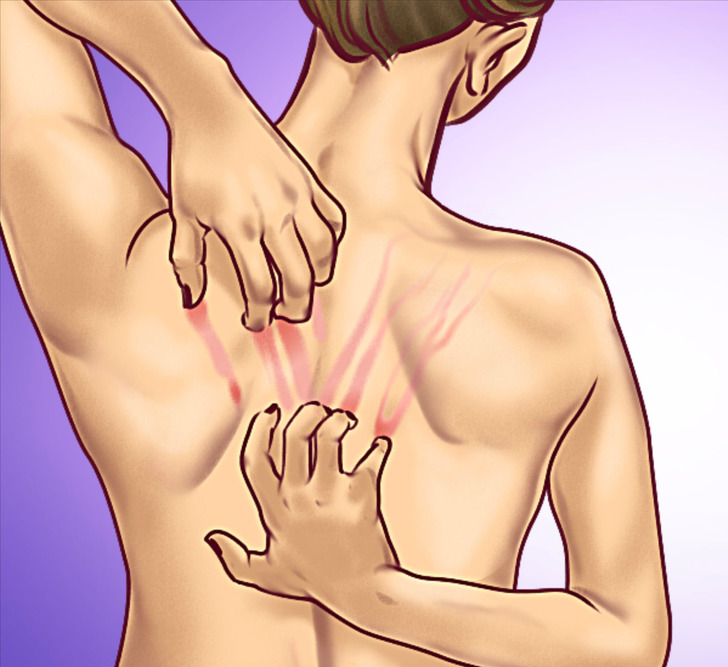
For many women going through menopause, itchy, dry skin can feel like a cruel joke. As hormone levels drop, the body produces less collagen, which keeps skin supple and moist. This can lead to uncomfortable dryness and irritation.
What you can do about it:
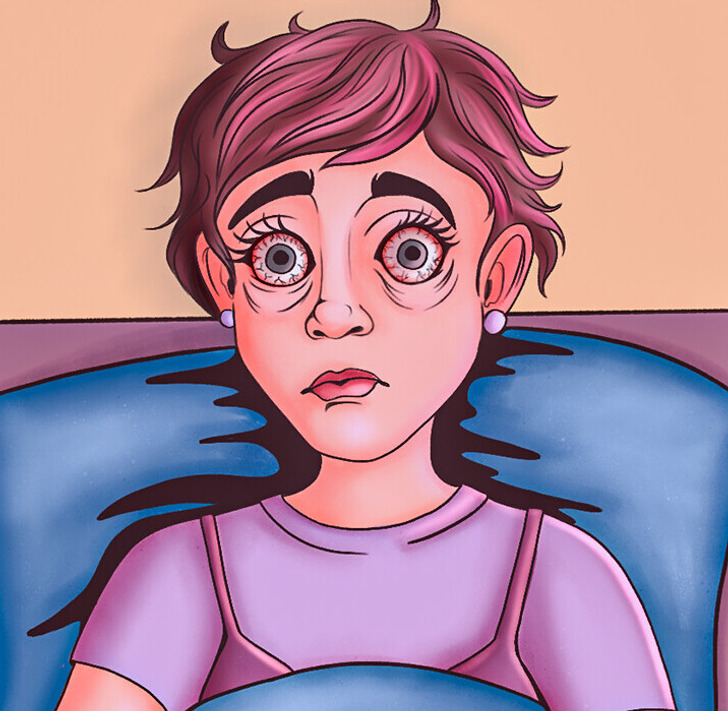
Many women going through menopause experience what’s commonly referred to as "brain fog"—a term that encompasses problems with memory, concentration, and focus. While this symptom is often attributed to hormonal fluctuations, it can be frustrating, especially if you're used to having a sharp memory.
What you can do about it:

While breast changes are commonly associated with pregnancy, they can also occur during menopause. Many women experience tenderness or changes in the texture of their breasts as hormone levels fluctuate.
What you can do about it:
Let’s be real—menopause can feel like uncharted territory. With symptoms popping up out of nowhere and your body sending new signals daily, it can seem like you're navigating your own kind of space mission. And speaking of space…
In June 2024, astronauts Butch Wilmore and Suni Williams blasted off for what was supposed to be a short, 10-day trip to the International Space Station. But when their spacecraft's thrusters malfunctioned, their "quick visit" turned into an astonishing 286-day journey in orbit. NASA made the call to keep them safe on board until a proper return was possible—and they adapted like pros. Check out what the human body can do when Earth’s gravity takes a break.



